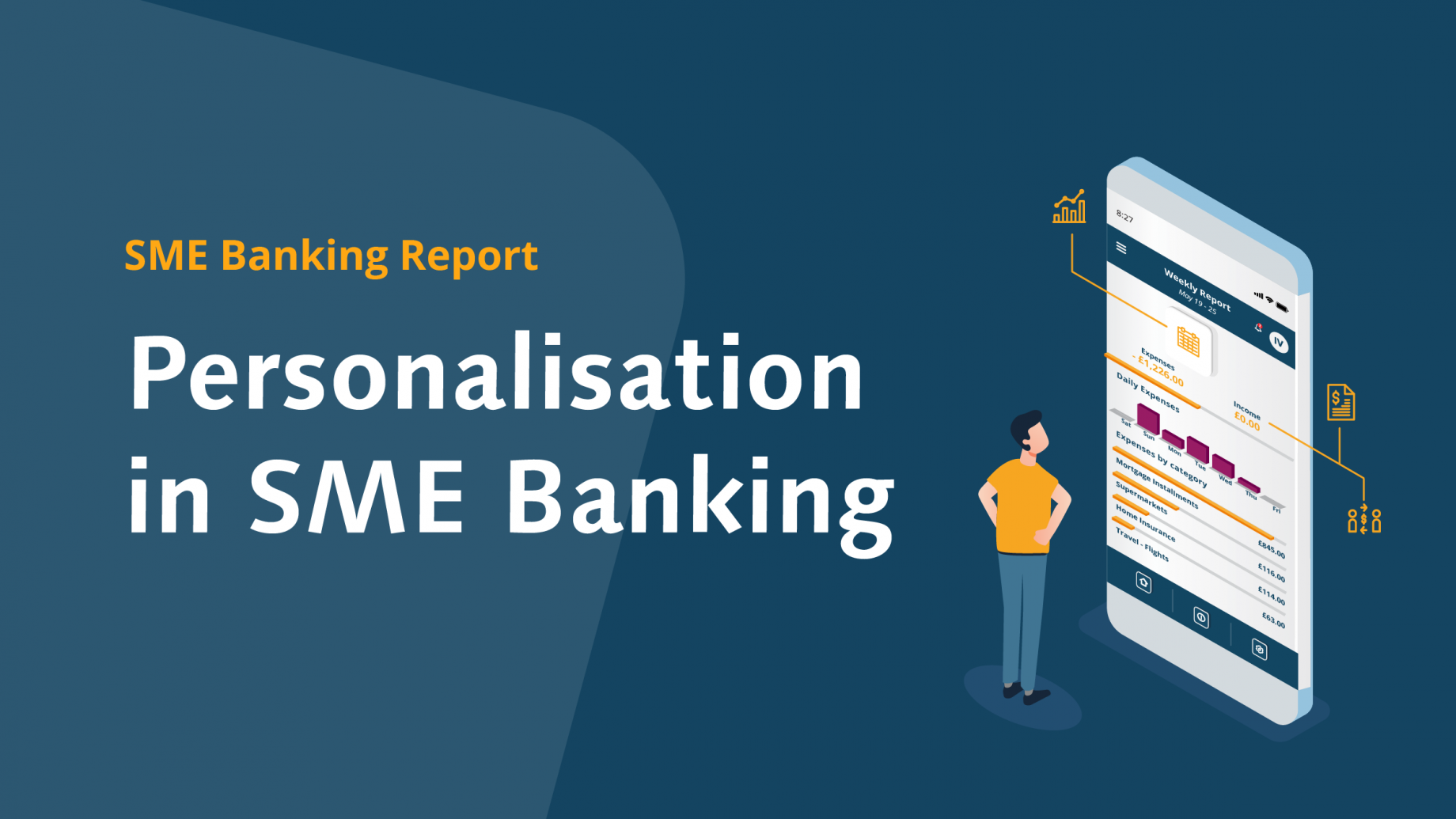
Personalisation is the key to the success of digital banking initiatives for SMEs, but how do banks achieve this in such a diverse market? CREALOGIX recently published the SME banking survey, which collated the responses of Finance Directors at SMEs in the UK, Germany and Switzerland regarding their digital banking requirements with the thoughts of Senior Executives at major banks. The overall results highlighted that 90% of SMEs want their relationship with their bank to become more digital or manage all their finances online already. However, while there are shared priorities amongst SMEs in different countries, the survey revealed that SMEs of different sizes focus on different areas.
In the SME market, size matters
SMEs with less than 50 employees see self-service and employee management as priorities, but when the headcount moves upwards to 50 to 99 employees, a unified view and access to all financial products is of higher importance. As the business expands and becomes more complex, new financial services and solutions are needed. This is shown when we look at even larger companies that indicate the second more important improvement is integration with ERP solutions that are fully integrated into the company’s processes. These results highlight that there is no “one size fits all” solution to SME banking because the segment has diverse needs and expectations and these requirements may change over time.
Open banking integrations may hold the key to personalisation for digital SME banking
One way to tailor SME services is to use open banking protocols to deliver a banking ecosystem that collects all the SMEs existing services from a range of providers into a single dashboard. This may become one of the early developments in digital SME banking because banks and SMEs are closely aligned in their views on the importance of multi-banking. Almost 75% of SMEs consider multi-banking as important or very important, with domestic accounts having a slightly higher importance over regional and international accounts. Banks also prioritise multi-banking, with 92% of those surveyed stating that it was either important or very important. The focus is on a transactional solution; this is the primary use case for multi-banking and considered more important than providing an overview or snapshot of the financial picture.
Personalisation will happen via open banking by default because a dashboard will only display services that each SME uses. For example, one company may use an FX provider and have this integrated into the dashboard, whereas this wouldn’t appear for a company that operates only in domestic markets. As well as helping to create a personalised dashboard, this opens up the possibilities for more personalised marketing opportunities because banks can use the data which shows, for example, third party FX provision and offer comparable services from the bank.
Personalisation matters to SMEs
The results of the survey suggest that a trend towards digital banking that was already gathering pace in the last five years was accelerated during the pandemic. SMEs are keen to move their relationship with their bank online and require secure, sophisticated tools to manage their organisation’s finances online. A personalised approach to digital banking will ensure that strong customer relationships continue to be built.
Learn more about the emerging trends and requirements in digital banking for SMEs in our SME Banking Report.




